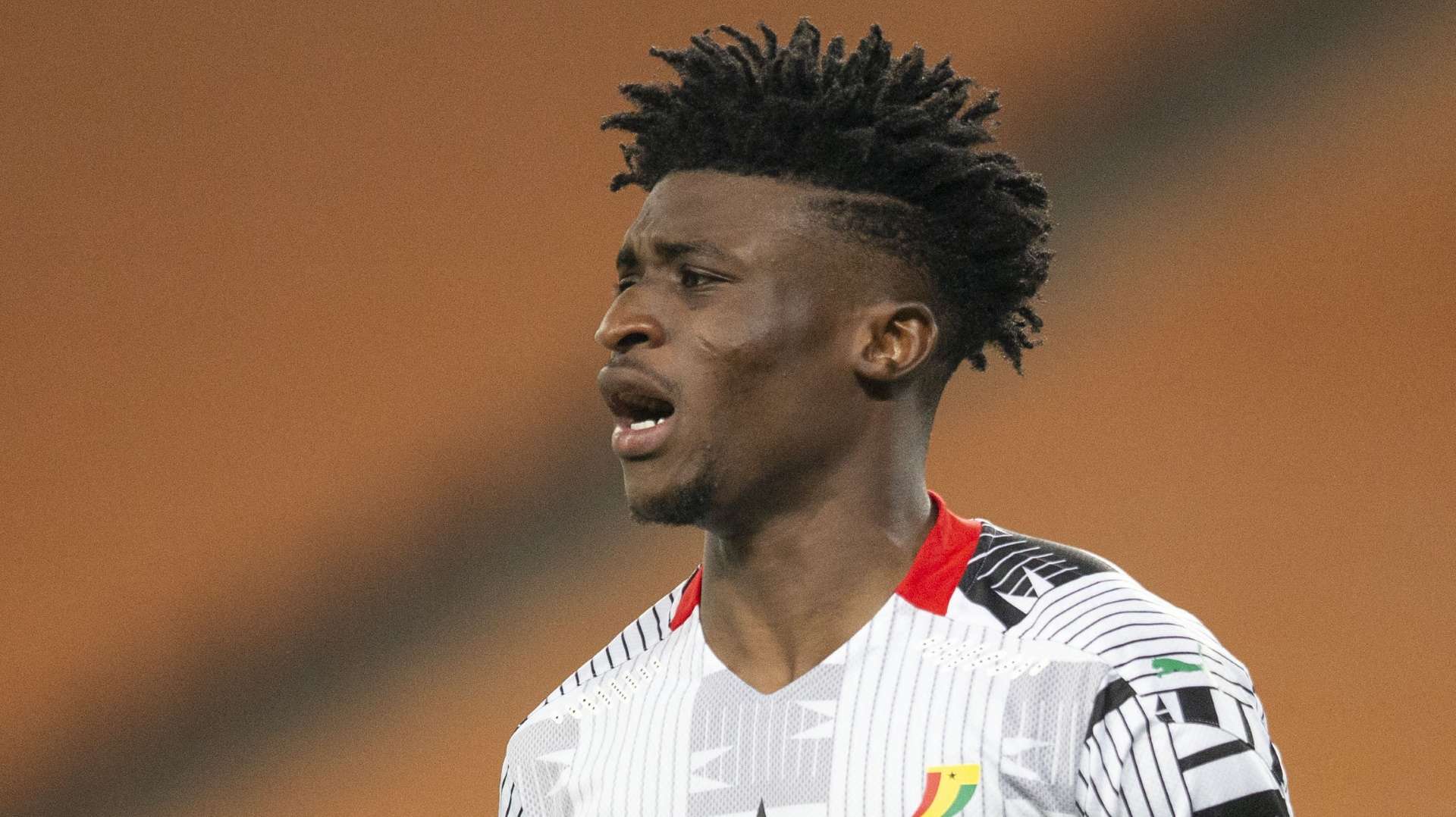Nigeria appeared to be largely pleased with their away first leg 0-0 draw in Friday’s World Cup playoff against Ghana.
Ahead of the match, talk abounded about the ominous prospect of playing at the Baba Yara Stadium, and of the Black Stars’ track record in Kumasi, but in the end, there was no repeat of Ghana’s famous 6-1 demolition of Egypt at the same stage four years ago.
Instead, the two sides neutralised each other in a 0-0 draw that leaves both sides fancying their chances ahead of the return leg.
Nigeria, who negotiated Kumasi, will be confident that they can take control in front of their own fans, while Ghana, coming off the back of a miserable Africa Cup of Nations, can take solace from how they stymied a stronger side.
In my opinion, it’s the Black Stars who can be happier with how Friday’s fixture went, even if home advantage has now passed them by without their being able to secure a victory.
 Goal Ghana
Goal GhanaAdmittedly, Ghana offered precious little going forward, and clearly lack a cutting edge, but they have the kind of structure and form under new coach Otto Addo that wasn’t as apparent for Nigeria under Augustine Eguavoen.
The Black Stars introduced an extra man into the heart of the park, with Mohammed Kudus playing ahead of Thomas Partey and Iddrisu Baba, and it gave them the control and solidity that had been lacking during the Nations Cup.
Ok, so they didn’t get a goal in front of their home fans, but this was a marked change—and improvement—on the fare served up under Milovan Rajevac at the Nations Cup.
Rajevac, of course, had to do without an unfit Kudus in Cameroon, and his introduction here enhanced both the midfield and the attack.
With the Ajax youngster leading the charge, Partey could focus on more modest duties alongside Baba—both of whom were helped by the absence of Wilfred Ndidi—while Kudus’s forward movement helped create space for those around him.
 Getty
GettyAdmittedly, perhaps the Dutch-based star’s use of the ball let him down on occasion, but Nigeria struggled to deal with his forays forward—and his footwork—which should offer some hope when the Eagles push forward in search of a winner in the return leg.
While Jordan Ayew’s lack of goals appears unlikely to be remedied any time soon, he also played a critical role in battling with the Nigerian defenders, running the channels, and creating space for those around him.
With Daniel-Kofi Kyereh using the ball intelligently during the latter stages, Felix Afena-Gyan showing maturity beyond his years on his international debut, and Abdul Issahaku showing promise in abundance, Ghana suddenly have an attacking schema brimming with ideas and invention.
If they can transform that menace into a goal threat—and it isn’t immediately apparent to see where the goals will come from—then they can stun Nigeria in Abuja on Tuesday.
Add injured Kamaldeen Sulemana to that mix, and Ghana suddenly have some genuinely potent options, even if the Nations Cup earlier this year and maybe even the World Cup will come too soon for some of them.
Had Richmond Boakye been fit, he too could have given the Black Stars a focal point and a goal threat when they needed, having been underutilised by Rajevac in Cameroon, but Addo appears to have the nous and the vision to maximise the talent Ghana do have at their disposal currently.
“The result doesn’t change anything because we wanted to win and I think the Nigerians saw we can play as well,” he told journalists after the match.
“They are not up and we, down, even though the Afcon was not good, I think we matched them up and got respect,” the coach concluded. “They have high-quality players, but I do not see them in the [advantage], the pressure will be on them a lot [in the second leg in Abuja].
“Away goals can hurt a lot.”
Ghana remain outsiders across a one-off shootout for Qatar, but Addo and Kudus have at least restored some Black Stars pride following that miserable Nations Cup showing in Cameron.
